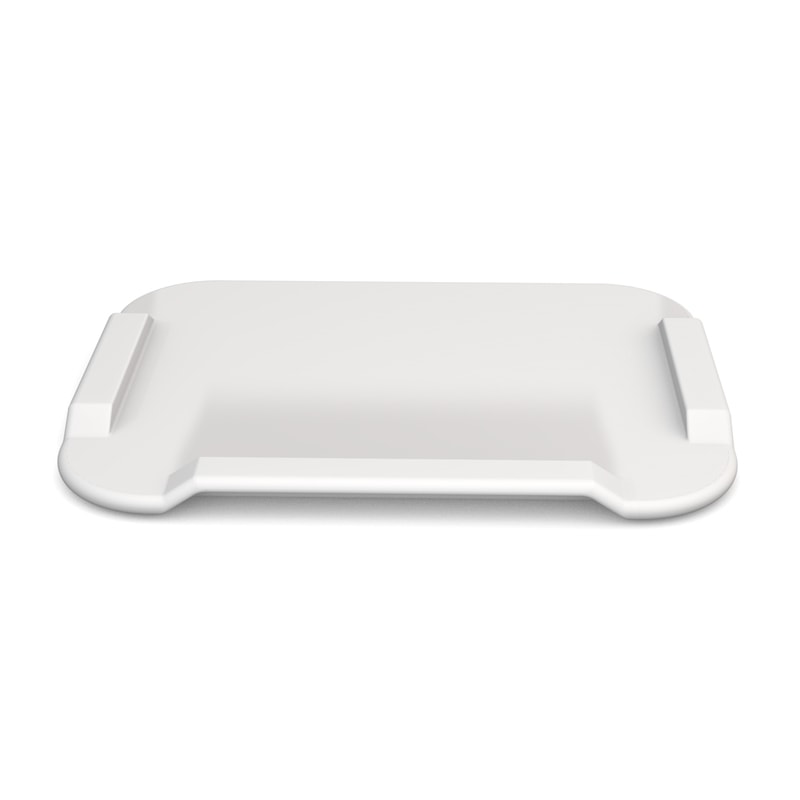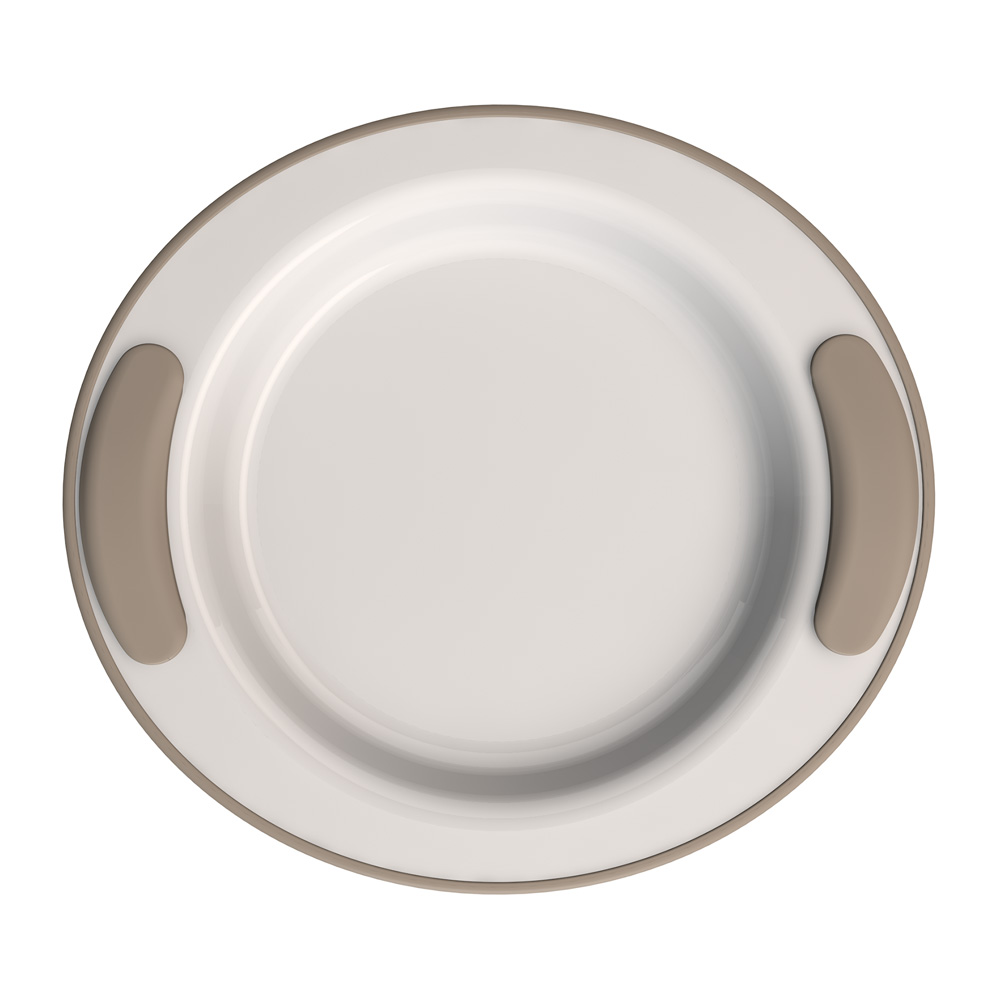PARKINSON'S DISEASE TABLEWARE
Sustainably independent - Features for Parkinson's disease patients

INDEPENDENT EATING AIDS
Tremors, slowed movements, muscle stiffness, postural instability, and swallowing disorders: When the body no longer wants to obey due to changes in the central nervous system, people with Parkinson's tend to adopt avoidance strategies and often choose isolation out of shame. Simple movements, such as holding a knife and fork, can no longer be managed alone. Helplessness overshadows pleasure and joy. Relatives often try to take as much as possible off the sick person's hands and support him or her with large and small tasks - starting with buttering the bread. However, activities of daily living such as personal hygiene and food preparation should be practised as long as possible. Eating aids with special features enable people to eat independently for a long time and thus activate those affected without stigmatising them.
To Eating AidsINDEPENDENT DRINKING AIDS
Although everyday aids cannot influence the symptoms or the course of the disease, they do give people with Parkinson's disease back some quality of life and independence in their daily lives. They activate those affected and reduce their dependence on caregivers. Independent drinking is especially important and should be encouraged. However, drinking from the usually offered sippy cup is unfamiliar and very dangerous, especially with hot drinks, which leads to insecurity and rejection. Cups with unobtrusive features hidden in the design make independent drinking possible. The ergonomically shaped handles enable safe holding even with strong trembling. stigmatisation is avoided and the joy so stigmatisation-free drinking is possible again.
To Drinking Aids














